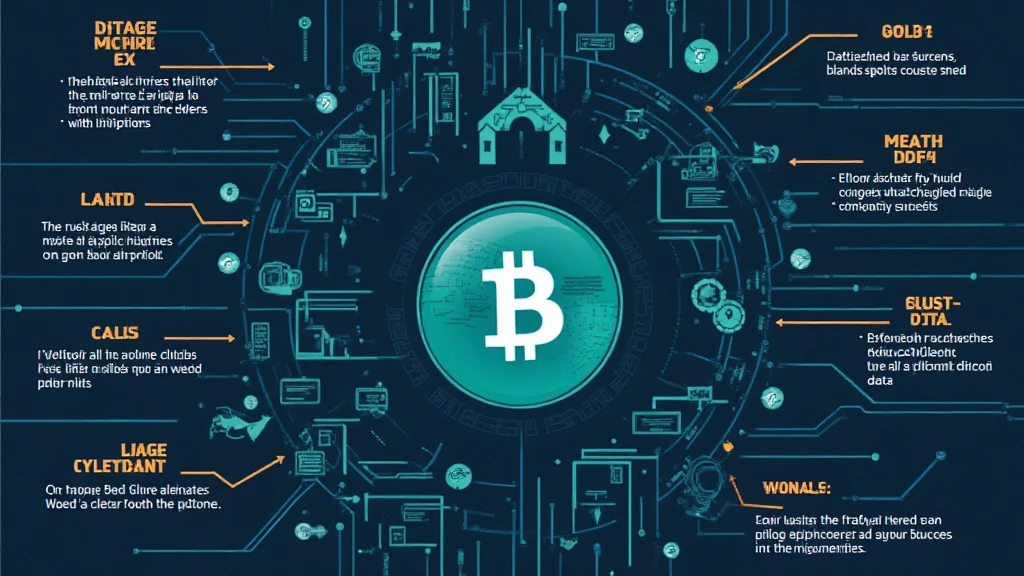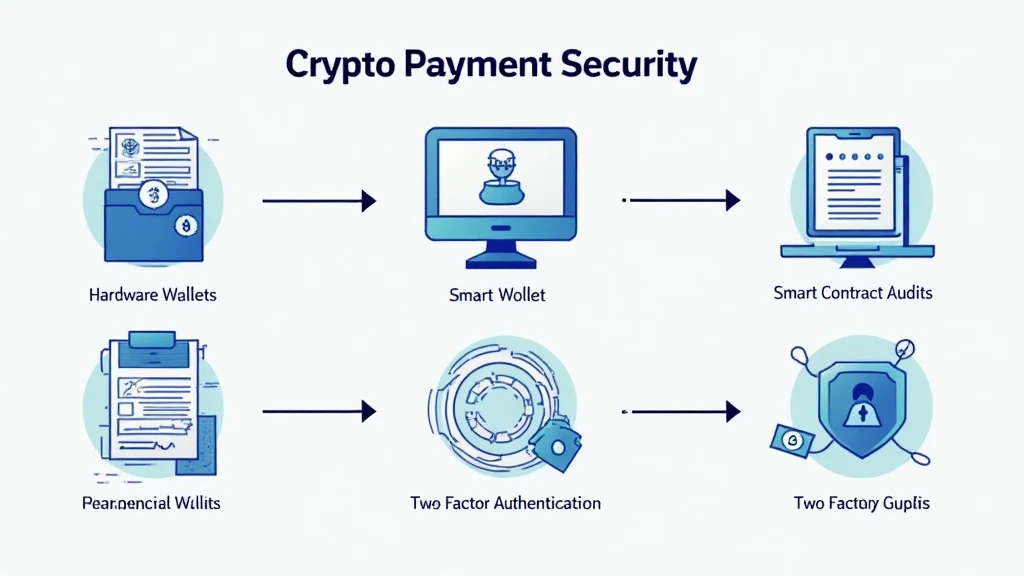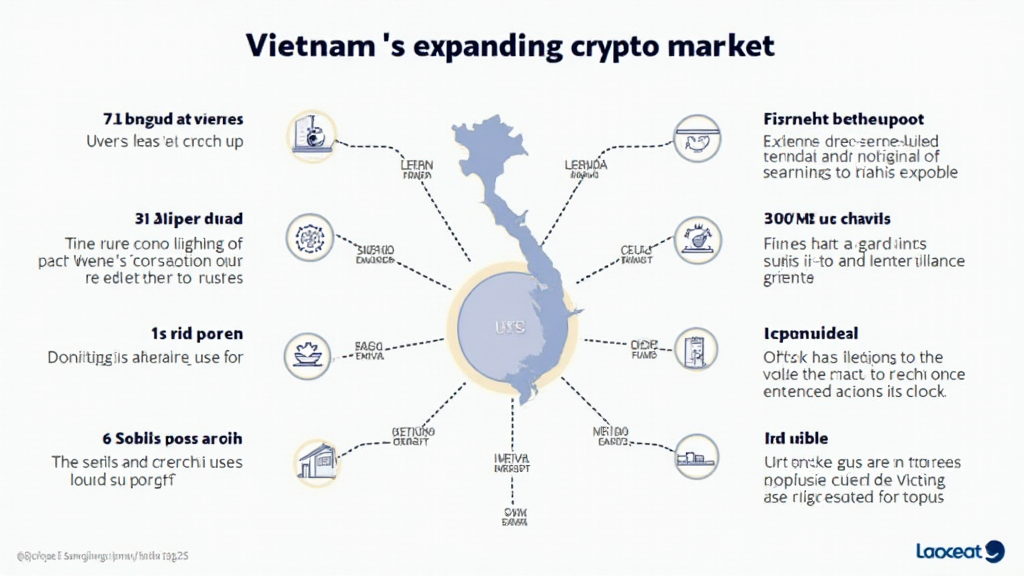Bitcoin Blockchain Data Privacy: A Comprehensive Guide
As the world rapidly embraces digital currencies, data privacy on the Bitcoin blockchain becomes increasingly critical. With over $4.1 billion lost to DeFi hacks in 2024, understanding the intricacies of data privacy is no longer just an option; it’s a necessity. This guide explores the core principles of Bitcoin blockchain data privacy, how it impacts users, and what measures can be taken to enhance data security.
The Importance of Data Privacy in Blockchain
In the digital age, data is immensely valuable. As businesses and individuals engage in transactions on the Bitcoin blockchain, the need for robust data privacy cannot be overstated. Transactions are recorded on a public ledger, which means that anyone with access to the blockchain can see transaction details.
- Data Transparency: While transparency is a core feature of blockchain technology, it can also expose sensitive user information.
- Identity Risks: Public wallets and addresses reveal more than just transaction amounts; they can potentially expose user identities.
Understanding Bitcoin Blockchain Technology
The Bitcoin blockchain operates as a decentralized ledger, gaining consensus through various mechanisms including Proof of Work. Each block contains transaction data, timestamp, and a reference to the previous block, ensuring a continuous chain that’s almost impossible to alter.

How Bitcoin Transactions Work
Bitcoin transactions involve a sender, a recipient, and the blockchain itself. When a transaction occurs, it gets added to a pool until miners verify and include it in a block. However, each transaction is permanently recorded, raising significant data privacy concerns.
Data Privacy Challenges
Despite the advantages of using Bitcoin, inherent data privacy challenges persist:
- Wallet Address Visibility: Every time a transaction occurs, the wallet address is visible to the public, which can lead to user tracking.
- Data Correlation: Patterns can emerge from transaction histories that link addresses to real-life identities.
Improving Data Privacy on the Bitcoin Blockchain
Several strategies can enhance data privacy for Bitcoin users:
1. Use of Privacy Coins
Consider leveraging privacy-focused cryptocurrencies, such as Monero or Zcash, that offer advanced privacy features.
2. CoinJoin Transactions
Employing the CoinJoin technique can obscure the transaction trail by mixing multiple transactions into one, making it difficult for outsiders to track.
3. Avoid Address Reuse
Every transaction should ideally use a new address. This practice significantly reduces the risk of linking transactions to a single user.
The Future of Bitcoin Blockchain Data Privacy
As we move towards 2025, the significance of Bitcoin blockchain data privacy will only intensify. With increasing regulatory scrutiny from governments across the globe, including Việt Nam, where user growth rates in cryptocurrency adoption are climbing, companies must be proactive in addressing privacy concerns.
Vietnam’s Growing Crypto Landscape
In Vietnam, cryptocurrency adoption has surged, with a reported annual growth rate of 37%. This increase presents new challenges regarding data privacy standards. Vietnamese regulators are beginning to enforce stricter compliance measures to protect users.
Conclusion
In conclusion, as Bitcoin continues to evolve, prioritizing data privacy will be essential for maintaining user trust and regulatory compliance. By adopting various privacy-enhancing strategies and remaining aware of the challenges that lie ahead, both individuals and businesses can navigate the complexities of data privacy on the Bitcoin blockchain effectively.
For more information on blockchain security and best practices, check out hibt.com.
By staying informed and taking proactive measures, you can ensure your Bitcoin transactions remain secure and private.
*This article is for informational purposes only and is not financial advice. Please consult local regulators for compliance.*
Author: Dr. Jane Doe, a cryptocurrency researcher with over 15 published papers in blockchain technology and a leading expert in smart contract auditing.





